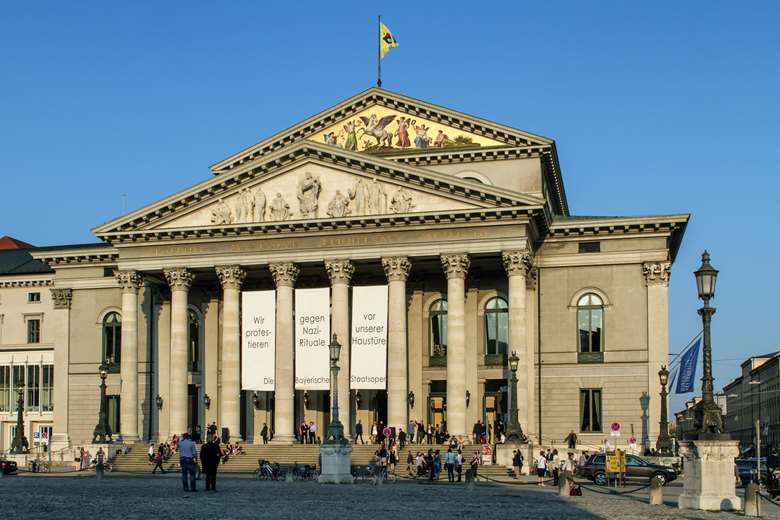Are classical music concerts as essential as religion?
Friday, December 11, 2020
The Bavarian State Government's lockdown policies have been challenged by a handful of musicians. But, asks Benjamin Ivry, is a pandemic the best time for mulling over the relative importance of concert-giving to everyday life?


Register now to continue reading
Don’t miss out on our dedicated coverage of the classical music world. Register today to enjoy the following benefits:
- Unlimited access to news pages
- Free weekly email newsletter
- Free access to two subscriber-only articles per month